By Brendan Scanland
WASHINGTON, D.C. — Today, the Supreme Court of the United States (SCOTUS) ruled 6-3 to grant former presidents broad immunity for “official acts” but not for unofficial acts during their time in office.
“The Supreme Court already established absolute immunity for civil liability 40 years ago. The question in this case was whether to extend that liability to criminal cases,” said Michael Dimino, Professor of Law at Widener University Commonwealth Law School. “The Supreme Court said you get some of that immunity, you don’t get as much immunity as you do in civil cases when we’re talking about criminal cases,” said Dimino.
The ruling is limited as to what determines an official vs. unofficial act. Regarding former President Donald Trump, Dimino says it doesn’t mean Trump is immune or not immune, it simply sets a framework in which to analyze the immunity claims.
“Limited decision, not unprecedented and built mainly on a very practical concern that criminal prosecutions back and forth when the White House changes parties would be disastrous for the executive branch and for the country,” said Dimino, adding that any president should have some level of immunity to do their job without fear of prosecution when they leave office.
There’s been plenty of criticism of the court’s decision Monday, but Dimino says this is not an uncommon approach for SCOTUS.
“The Supreme Court majority’s approach is not unheard of. In fact, the ‘take it slow,’ ‘take it only as we need to’ kind of approach is the standard way that the Supreme Court operates. It sets a standard and it decides what it needs to decide and then it remands to the lower courts to apply that standard,” said Dimino.
Lower courts will have to analyze and distinguish official vs. unofficial acts in the federal election interference case of former President Trump, which could take several months, if not longer.
It’s unclear if conversations, where Trump allegedly pressured former Vice President Mike Pence to reject certification of the 2020 election, are considered official or unofficial acts. SCOTUS also ordered additional analysis at the trial court level to examine whether Trump’s alleged role in a fake elector scheme would be considered an official act.
“The Supreme Court decision today says that the President’s conversations with the acting Attorney General cannot be the basis of any kind of prosecution, but it doesn’t make any definitive determination about whether the conversations with Vice President Pence met that standard,” said Dimino. “And there is still a very good argument that the conversations that Trump had with state officials and private parties don’t have any connection with his official acts whatsoever, and so would not be given any immunity by today’s decision,” Dimino added.
The decision will almost certainly delay Trump’s federal election interference case until after the 2024 Election.
